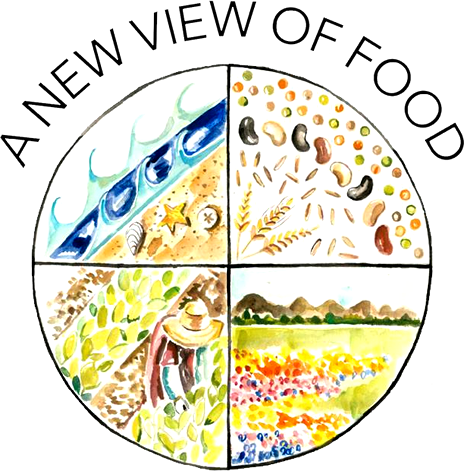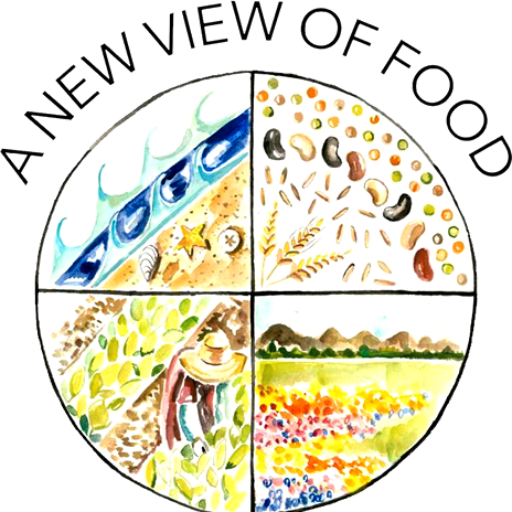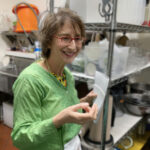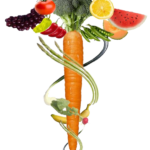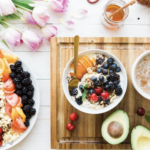I hope you are staying safe and well and enjoying the start of spring (here in the Northern Hemisphere). Seeing buds on the trees always makes me feel reassured about the continuity of life. It seems to happen miraculously: One day the branches are bare, and the next, there is hope for renewed life … buds! I don’t know if anyone else gets so excited about seeing buds on trees. In some ways, we are all just buds, right? Getting ready to blossom.
Recently, I was honored to be on a few podcasts. There was a wonderful interview with The Vegan Posse about my journey to veganism, which you can listen to here. It isn’t often that I get to speak about veganism specifically, and it was a real pleasure to be interviewed by Chrissy Benson on this important subject.
A second podcast, with the equally remarkable women of 6 Million Seeds, will be released next week. For this conversation, I was able to speak about something I feel just as strongly about: Salutogenesis, creating health. While I still believe that the most benefit will come from starting even before birth, with the optimizing of preconception health, just about anyone at any age can improve their current health using plant based nutrition and all of the pillars of Lifestyle Medicine (physical activity, avoiding toxic substances, getting restful sleep, reducing stress and having supportive relationships).
A third interview will also be released soon, and was a conversation with the brilliant and wonderful Dr. Frank Sabatino for the Health Sciences Podcast. I’ll send this and the 6 Million Seeds Podcast recordings out to you as soon as they are available.
Over the past month, I was able to speak about each of my favorite subjects: Veganism and what I consider to be “woke”; the path to creating a healthier population; and the science of plant based nutrition.
Being interviewed is a lot of fun, but not nearly as much fun as health coaching. If you ever want to have a conversation with me about the benefits of a diet consisting of mainly whole plant foods, you can make an appointment using my calendar.
Anyone can start making small changes (or big changes) to reach their own health goals by following these recommendations:
Top 10 things you can do to live longer and healthier and happier:
1. Diet is #1. Our diets are the number one cause of death around the world. Too much fat, sugar, and salt, and not enough whole grains, fruit and fiber (only found in plants). So, set an intention to eat only or nearly only whole plant foods. Try to follow a guide such as Dr. Greger’s Daily Dozen (I do this every day!) GREENS & BEANS and watch your health improve.
Here are more specific dietary changes that will have huge positive effects:
2. Eliminate processed meat, a group 1 carcinogen like asbestos, alcohol and tobacco. You don’t need it. Never feed a child processed meat unless you would give that child a cigarette or a gin and tonic.
3. Eliminate dairy, especially high fat dairy like butter, cream and cheese: It’s physically addictive due to casomorphins; dairy products are a significant source of the endocrine disrupting chemical (EDC) phthalates found in the tubing used to collect the milk from the cows udders, saturated fat and sodium (in cheese). Dairy is associated with acne, constipation, prostate cancer and breast cancer as well autoimmune conditions.
4. Reduce saturated fat from any source (including coconut oil and palm oil) Heart disease is our #1 killer and animal protein as well as saturated and trans fats are the major risk factors.
5. Reduce or eliminate concentrated sweets such as sugary drinks and candy. Even if they are “vegan” the sugar is addictive, and has no nutritive value other than fast acting calories. Always think, “What could I eat that would be better for me than this?” And if you know you have a sweet tooth and cannot resist, don’t buy it and don’t have it in your house.
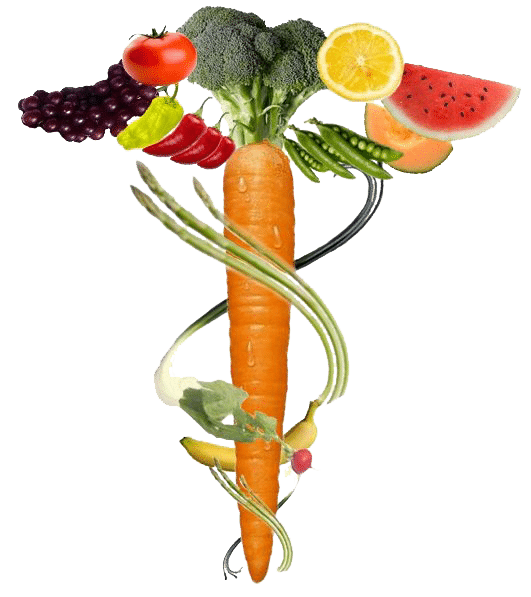

6. Take the few important vitamin supplements that we need: Vitamin B12, Vitamin D, maybe extra preformed DHA or DHA/EPA from microalgae. Definitely top these off if you are going to be pregnant soon: B12, B9 (folate), iodine, choline, iron, zinc, calcium, and DHA for example.
Eating lots of fruit and vegetables will not only improve your physical health, but it is associated with increased mental well being in multiple studies. There are many reasons for this:
- More of the amino acid tryptophan, the serotonin precursor, gets into our brains on a carbohydrate rich diet as opposed to a protein-rich diet.
- Less exposure to oxidative stress from bacterial endotoxins in meat.
- Less inflammatory arachidonic acid mainly found in eggs, chicken and fish
- Many plants have a natural monoamine oxidase (MAO) activity, mimicking a common antidepressant.
- In 2020 there was a systematic review including 61 studies of diet and mental health, and the results were clear: Increasing produce intake will improve mental health.(Głąbska D,et al., Fruit and Vegetable Intake and Mental Health in Adults: A Systematic Review. Nutrients. 2020 Jan 1;12(1):115.)
And Beyond a Healthy Diet
7. Get 7-8 hours of restful sleep nightly, and learn to manage your stress level. Sleep in the dark is extremely important for brain health and rejuvenation. People forced to work shifts at night suffer more chronic disease, including cancer. New research even suggests that dimming the lights before bed for a few hours reduces the risk of gestational diabetes in pregnant women. Chronic stress contributes to ill health in multiple ways, affecting every system in your body, from brain function, digestion, your endocrine system, your immune system….chronic physical or emotional stress is uniformly bad for an animal. Dr. Ornish had his study patients do 1 hour of stress reduction, meditation or yoga, every day during his studies on heart disease reversal, prostate cancer reversal and now early Alzheimer’s disease reversal.
8. Get daily exercise. The American College of Lifestyle Medicine considers 150 hours/week of moderate intensity exercise to be adequate, but Dr. Greger rec’s 90 mins/day of moderate intensity (walking 4mi/hr; you can talk but not sing) exercise, or 40 mins vigorous activity (where you cannot talk).
9. Reduce exposure to harmful chemicals and environmental toxins. Do whatever is possible for you. Heavy metals, such as arsenic, lead and mercury are found in rice, chicken, chocolate, seafood and sadly, even in some tap water. Avoid many pesticides/herbicides, when possible by buying organic, and reviewing the yearly EWG.org Dirty Dozen and Clean Fifteen. Reduce exposure to plastics, fragrances (phthalates), food additives (preservatives, natural flavorings, coloring), BPA/BPS, parabens, PFOS (per and polyfluoroalkyl substances). Store food in glass, not plastic. Replace your scratched teflon pans. You can find safer products to use on Mamavation.com and EWG.org. And, of course, don’t smoke, use other addictive substances and minimize your use of alcohol.
10. Maintain and foster healthy relationships with friends and family, and limit toxic relationships. If only children could have the ability to limit contact with unhealthy or violent relatives, we’d be a much healthier society. As soon as they can, people need to have the agency to create healthy environments for themselves. As friends, we should encourage people we care about to recognize emotional health and be drawn to health, and not to drama, violence, narcissism, and borderline personalities, addiction and codependency.
As always, I welcome your questions, as each of us is dealing with our own set of concerns, limitations and desires. If you would like to have a conversation about your specific health goals, set up a FREE consultation today. You can also make an appointment using my calendar. We will explore all the ways that whole plant food health coaching might bring happiness and renewed health to your life and the lives of your loved ones!
